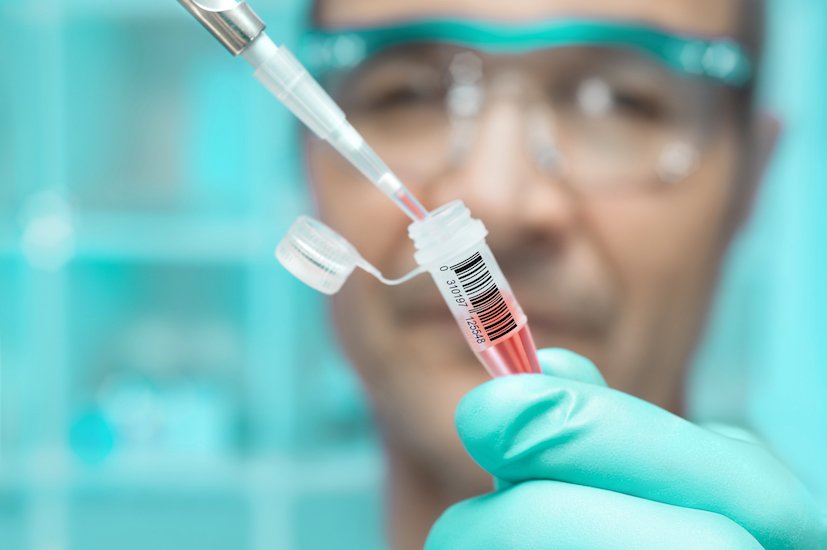
image credit- shutterstock
Researchers at Chula Engineering and Chula Medicine departments in Chulalongkorn University, Thailand have co-invented an innovative device for a rapid gastrointestinal (GI) cancer detection that yields accurate results hoping to foster preventive medicine in gastrointestinal malignancy and reduce the number of cancer patients.
Currently, colonoscopy or lower GI endoscopy are the standard approach to detect abnormalities that representing early colonic neoplasm such as polyps in the colon. The procedures are quite challenging due to the various forms of polyps: raised ones, and flat ones that grow on the surface of the intestines.
The device called DeepGI processes the images captured from the video footage during the procedure and detects abnormalities by the machine learning technique called Deep Learning. The model sets a bounding box annotating the abnormal area and alert doctors in real-time with over 90 percent accuracy. The technology will also accurately produce characterization of the polyps if they are potentially becoming malignant in the future (Neoplastic) or benign (Hyperplastic). This additional capability supports doctors' confidence in their diagnoses.
The team is currently in the process of applying for a national patent and continues to develop with the Technology Readiness Level 5 (TRL5). The researchers are also expanding DeepGI's capability to test other organs such as the stomach and bile ducts.




